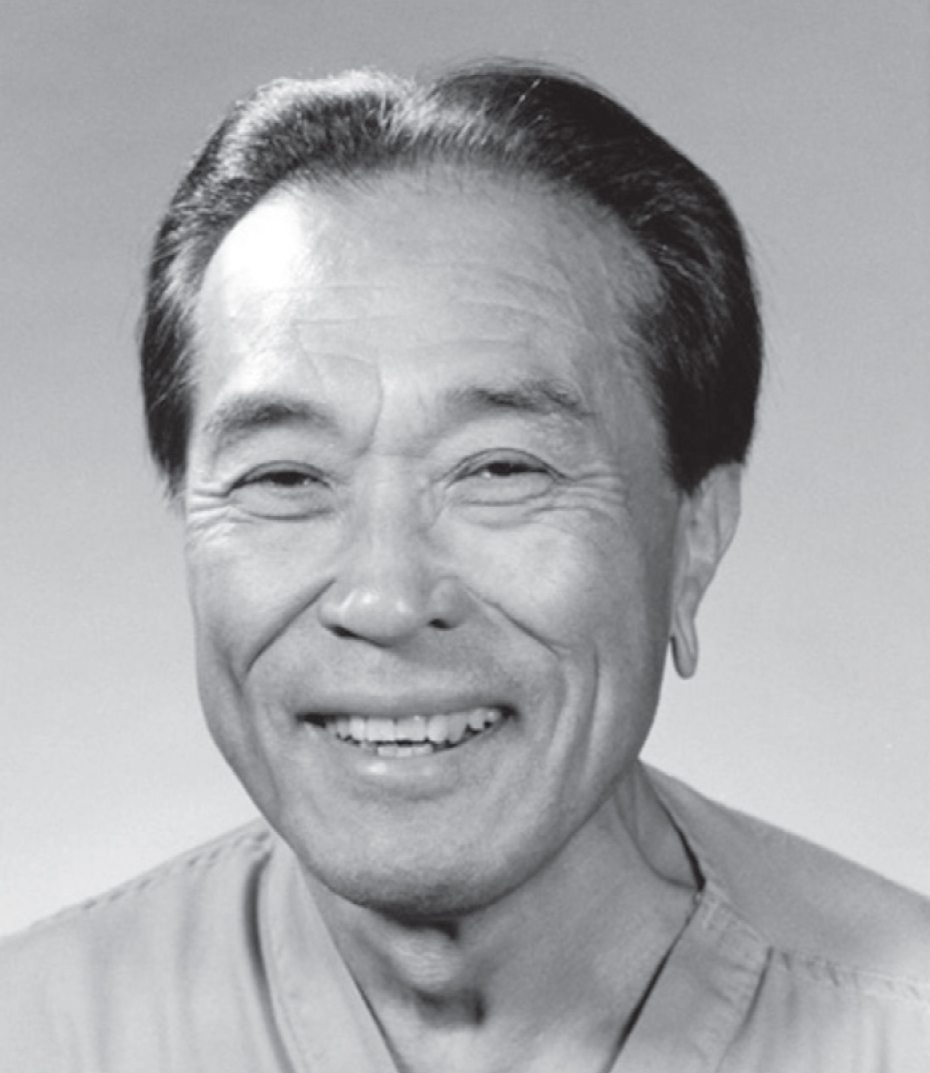Dr Juhn Atsushi Wada, 1924–2023

Dr Juhn Wada, who developed the Wada test used worldwide for establishing cerebral dominance for language and memory, passed away peacefully at his home in Vancouver on 23 April. He had just celebrated his 99th birthday. Dr Wada was a neurologist at UBC Hospital and Vancouver General Hospital (VGH) and professor emeritus in the Department of Psychiatry at the University of British Columbia. He was an Officer of the Order of Canada (1992) and a recipient of the Japanese Order of the Sacred Treasure, Gold and Silver Star (1995), and was honored with the Lifetime Achievement Award from the International League Against Epilepsy and International Bureau for Epilepsy (2013).
Born in Tokyo in 1924, Dr Wada received his MD (1946) and his MedScD in clinical neurophysiology (1950) from Hokkaido Imperial University in Sapporo, Japan, where his father had been a professor of international law. As an assistant professor of neurology and psychiatry (1951–1954), he organized the EEG laboratory and developed the Brain Surgery Unit, which later became the Department of Neurosurgery. In 1954, he traveled to the University of Minnesota as a fellow in neurology (Dr A.B. Baker) and neurophysiology (Dr Ernst Gellhorn) and in 1955 to the Montreal Neurological Institute-Hospital of McGill University Health Centre as a fellow in neurosurgery (Dr Wilder Penfield) and neurophysiology (Dr Herbert Jasper).
Dr Wada moved to UBC in Vancouver in 1956, where he would spend the rest of his career, with a clinical office for epilepsy patients across Canada and a research office that led to most of the 11 books he edited and the 323 papers on human brain asymmetry, the neurobiology of epilepsy, and kindling published in his lifetime. He became a Canadian citizen in 1961. From 1966 to 1994 he was an associate of the Medical Research Council of Canada. At UBC Hospital, he established the Epilepsy Surgery Program with neurosurgical colleague Dr Gordon Thompson (1961), was director of the EEG Department (1969–1994), and established the Seizure Investigation Unit (1980).
Dr Wada was founding president of the Canadian League Against Epilepsy (CLAE; 1977–1979), president of the American Clinical Neurophysiology Society (ACNS; 1985–1986), and president of the American Epilepsy Society (AES; 1989). He was particularly proud of being able to strengthen relationships between Canada, Japan, and the United States.
Dr Wada received a doctor of science, honoris causa, from UBC (2003) and was recognized with numerous awards, including the CLAE Wilder Penfield Gold Medal Award (1988, 2007), the AES Founders Award (1998), the ACNS Herbert H. Jasper Award (2001), and a Queen Elizabeth II Golden Jubilee Medal (2002) and Diamond Jubilee Medal (2012). In 2019, Dr Wada was accorded the highest accolade that a VGH–UBC Hospital medical staff member can receive, being inducted into the hospital’s Hall of Honour at an event presided by the Honorable Janet Austin, Lieutenant Governor of British Columbia.
Dr Wada was predeceased by his beloved wife, Mary, in 2019 and is survived by his children, Kent (Los Angeles, CA) and Eileen (London, UK).
—Eric M. Yoshida, MD
Vancouver
—Brenda Kosaka, MD
Vancouver
—Wada Family
United States and United Kingdom
hidden
 |
| This work is licensed under a Creative Commons Attribution-NonCommercial-NoDerivatives 4.0 International License. |
